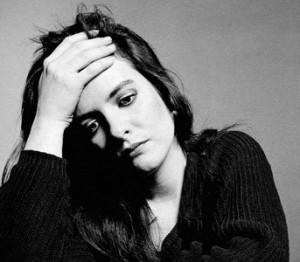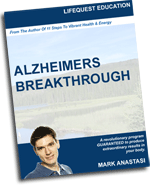Anxiety Treatment
Anxiety is otherwise known as generalized anxiety disorder. It is usually characterized by exaggerated and excessive anxiety about ordinary events in life. Usually there are no reasons behind such excessive worries. In fact, there aren’t even any obvious reasons why a patient has to worry. The people who suffer from this disorder have that tendency to expect certain disaster.
Some of the common things that people with this disorder worry about include family, money, health, school, and work. Most of the time, people with this disorder have their worries blown out of proportion and are characteristically unrealistic. It even comes to a point when they day to day lives become a constant struggle against worries and anxieties. The culmination of this disorder is when these worries become deterrents to the patient’s normal daily functions. However, anxiety treatment shouldn’t be implemented at that stage.
Symptoms of Generalized Anxiety Disorder
Although anxiety is a condition with a patient’s mind, it can’t be helped if such anxieties display any physical symptoms. Here are some of the symptoms that anyone should look into in cases of anxiety: Being easily startled, trembling, trouble staying asleep, tiredness, sweating, difficulty concentrating, headaches, muscle tension, irritability, restlessness, being edgy, and excessive tension and worry.
Anxiety Treatment
The first step in anxiety treatment is to look for any physical illness. Your doctor will look for any signs of illness that may have lead to such a disorder. If there are no illnesses found then your doctor will then refer you to a psychiatrist or any mental health professional. These psychologists are medical professionals that are specially trained to detect and treat generalized anxiety disorder and other mental illnesses.
Your psychiatrist or mental health professional will prescribe medications and will also have the patient undergo cognitive-behavioral therapy. Both medications and therapy go hand in hand if any anxiety treatment is to become a success.
Medications
Medications may be prescribed to patients especially those who have their anxieties interrupting their daily lives. The most common forms of medications used for the treatment of anxiety include benzodiazepines. These prescriptions are at times called “tranquilizers”. The effect of this kind of medication is that it makes patients feel relaxed and calm. Another term used to refer to these medications is antidepressants.
Popular or common brands of these antidepressants or benzodiazepines are Zoloft, Lexapro, Prozac, Effexor, Paxil, Ativan, Valium, Xanax, and Librium. These medications take about several weeks to take effect and work better for long-term treatment.
Cognitive Behavioral Therapy
Anxiety treatment shouldn’t involve medications alone. People who suffer from anxiety should undergo cognitive behavioral therapy. In these therapy sessions, patients are taught how to change and recognize behaviors and thought patterns that often lead to worries and anxieties. This therapy help patients limit any form of distorted thinking and look at things more realistically.






